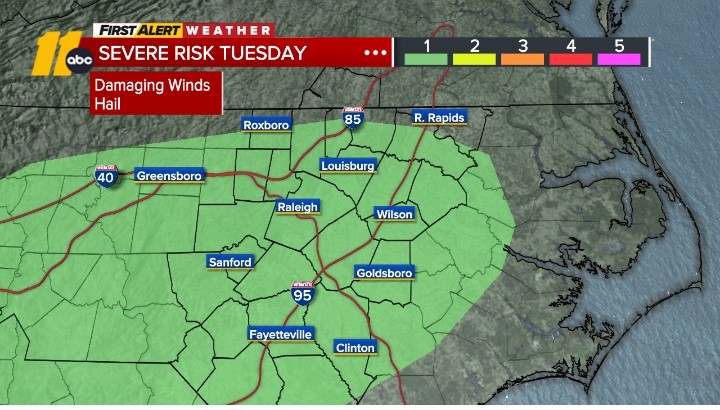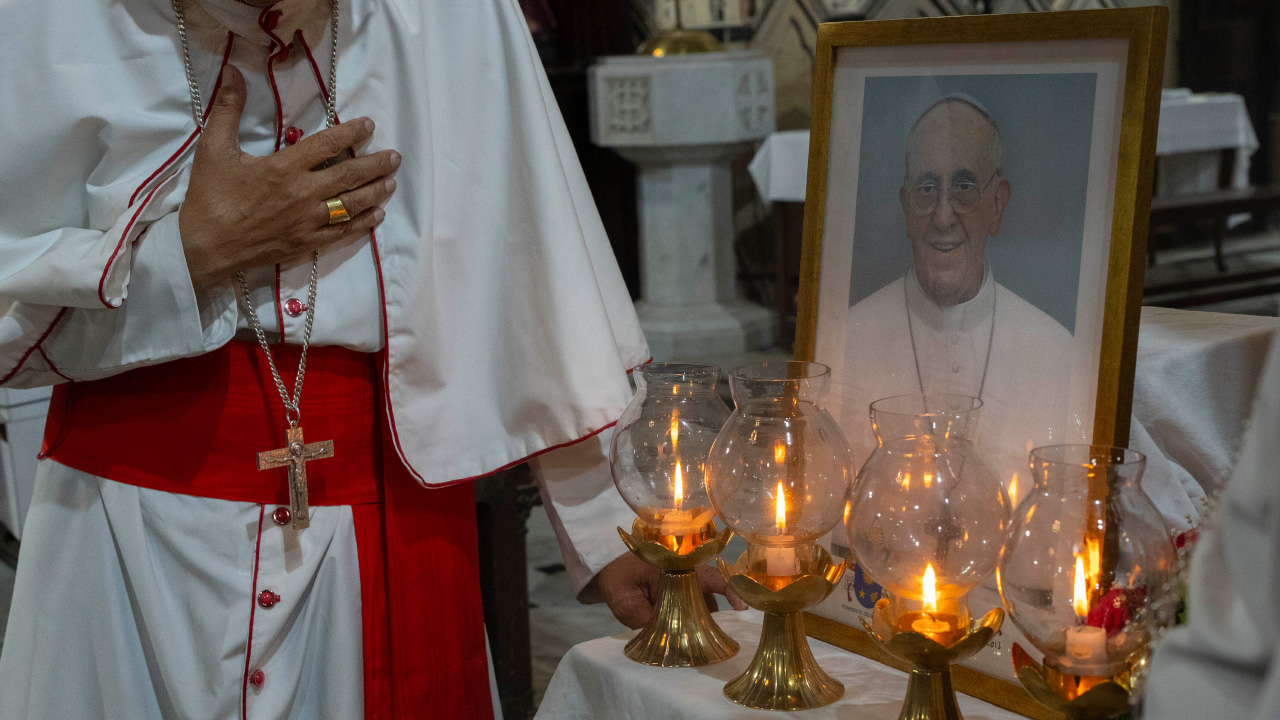Coharie Tribe honored with long-awaited symbol of state recognition: 'A million emotions'

SAMPSON COUNTY, N.C. (WTVD) -- The Coharie Indian Tribe received an honor generations in the making.
"Our parents, our ancestors, they have been striving for this for over a hundred years," lifelong tribe member Valerie Sweatt told ABC11.
The tribe was officially honored with North Carolina Historical Markers along Highway 421, at the site of their historic tribal school.
The Coharie Tribe is believed to have descended from several local tribes living in Sampson County since the 1700s, pushed to the banks of the Coharie River because of the Indian Removal Act.
Their tribal school near Clinton was built in 1901, it served as an important piece of the tribe's history. Due to segregation, it was the only school their children were allowed to attend for decades.
After integration, the school now serves as their tribal headquarters. The tribe now being honored with the historical markers brings mixed emotions for so many.
ALSO SEE: Mount Vernon Baptist Church partners with Durham Habitat for Humanity on home builds
"There's a million emotions circulating inside of me, and half of it's holding back tears of sympathy for those that were not as lucky as I am to see this day," Tribal Chairman Greg Jacobs told ABC11. "It's been a long time coming but the world is changing and the identity of Native American people as honorable people it's being spoken in books and magazines, on TV, here today at this dedication."
Jacobs emphasized that while this honor is not just a credit to him and his people now, but to all the tribal ancestors who came before them.
"By the grace of God, I've been given that opportunity to continue their legacy, from my passion I can feel their passion, and I hope they're looking down, and they're proud of me," Jacobs said.
Sweatt hopes this recognition might help more people better understand the Coharie Tribe.
"We are a people of hard work, we're quiet but on the other hand, we're speaking loud to say that at this time 2024, we're continuing to have a voice," Sweatt said.
To the average person, they may just seem like signs along the highway, but to this tribe, they're a long-awaited symbol of recognition and a sign of hope for the future.







